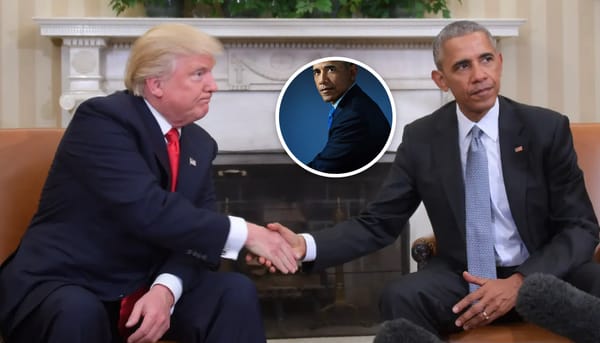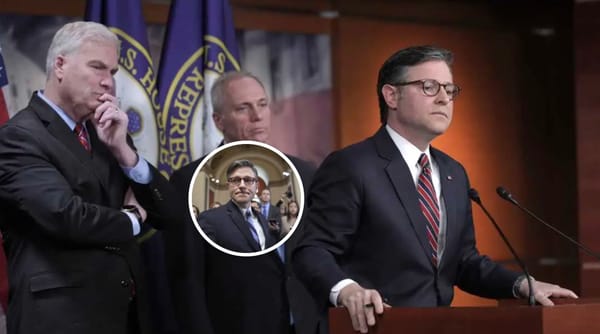Justice Thomas Question Suggests Federal Judges Have Overstepped for Decades, Aiding Trump
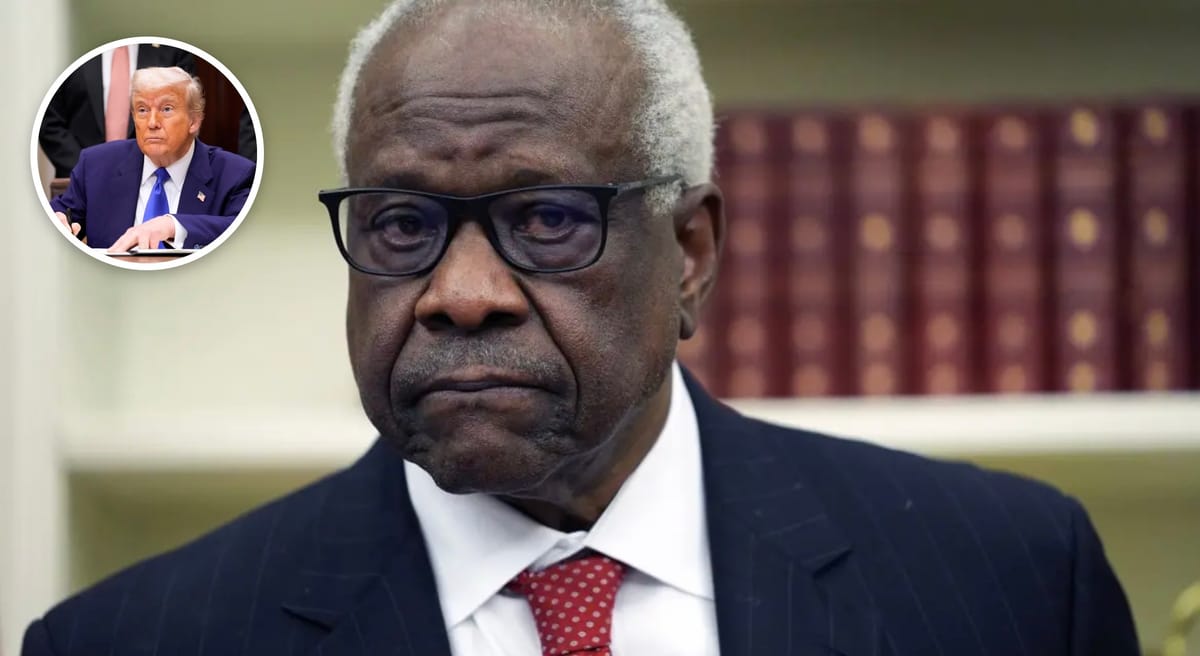
Did federal judges gain too much power? A recent Supreme Court hearing featured a question that suggests this might be the case.
And it could have major implications for the future of presidential actions.
A Clash Over Judicial Power Reaches the High Court
The nation's highest court recently heard arguments centered on a significant legal challenge.
At the heart of the debate is the power of federal judges to issue sweeping rulings that affect people far beyond those directly involved in a lawsuit.
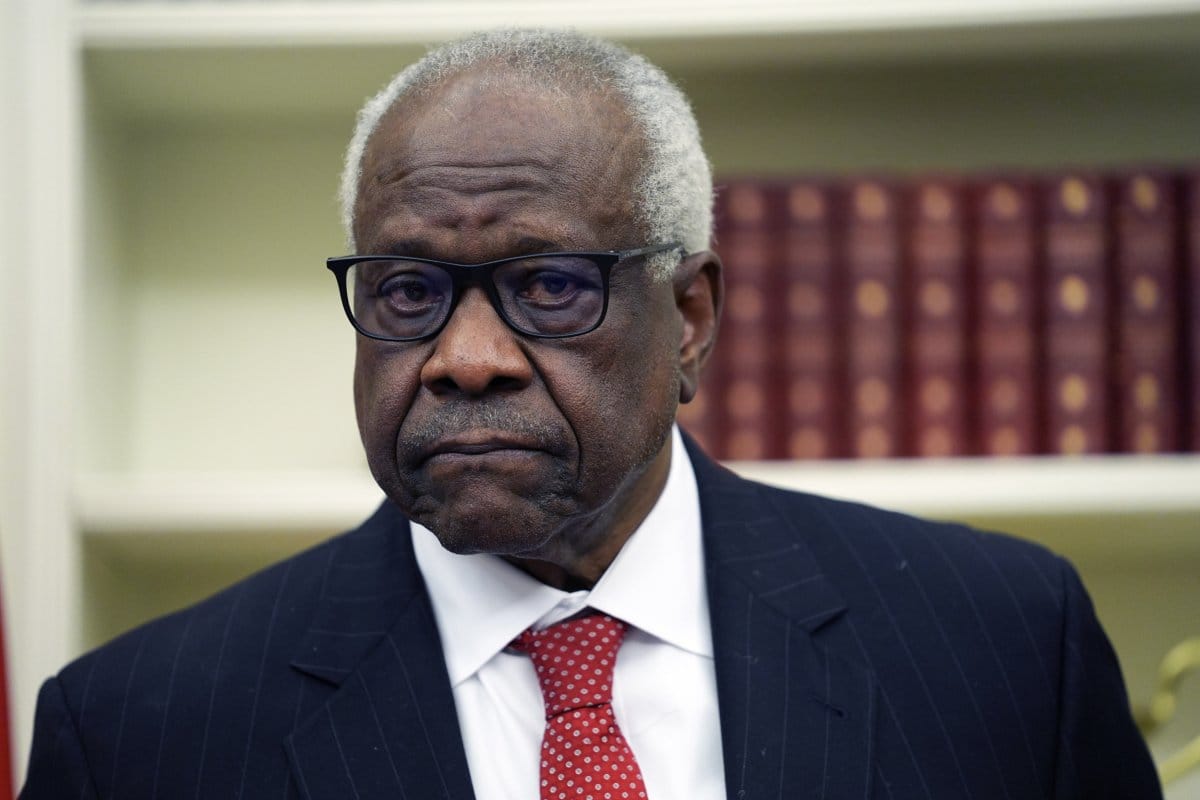
Specifically, the case involves an executive order signed by President Donald Trump shortly after he began his second term in January.
This order aimed to change how birthright citizenship is applied.
What Are 'Nationwide Injunctions'?
For decades, federal courts have used something called "nationwide" or "universal" injunctions.
These are orders that stop a government policy from being enforced *anywhere* in the country, not just for the people who filed the lawsuit.
The Department of Justice, representing the Trump administration, argues that this practice is an overreach.
They contend that judges should only be able to issue rulings that apply narrowly to the specific individuals or groups who brought the case before them.
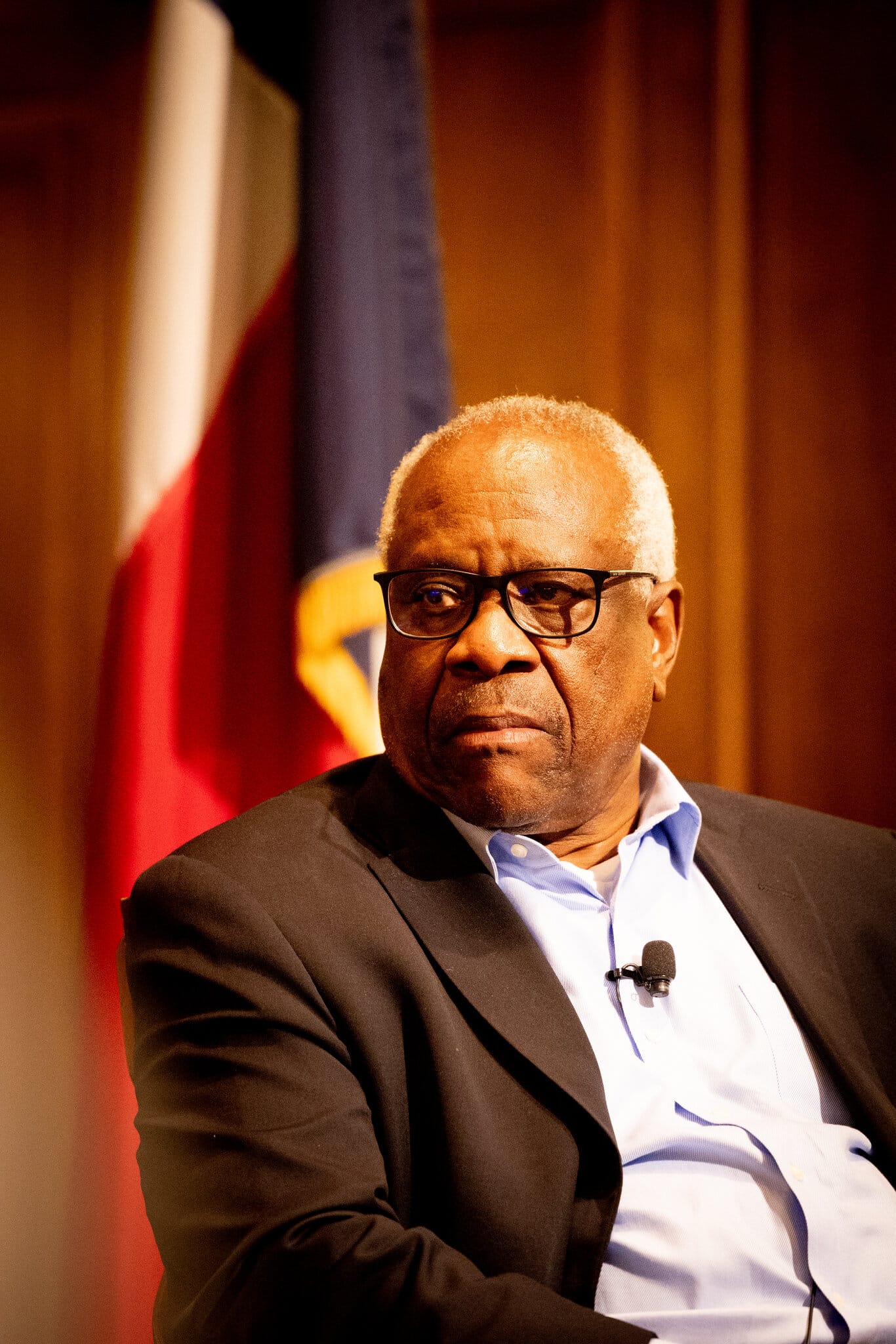
According to the DOJ's argument, nationwide injunctions force judges into making "rushed, high-stakes, low-information decisions."
They suggest these broad orders can impede the normal, gradual development of legal interpretations.
Concerns Raised on Both Sides
During the Supreme Court arguments, justices probed deeply into the history and practicality of these broad injunctions.
Some conservative justices appeared critical of the scope of lower courts' power.
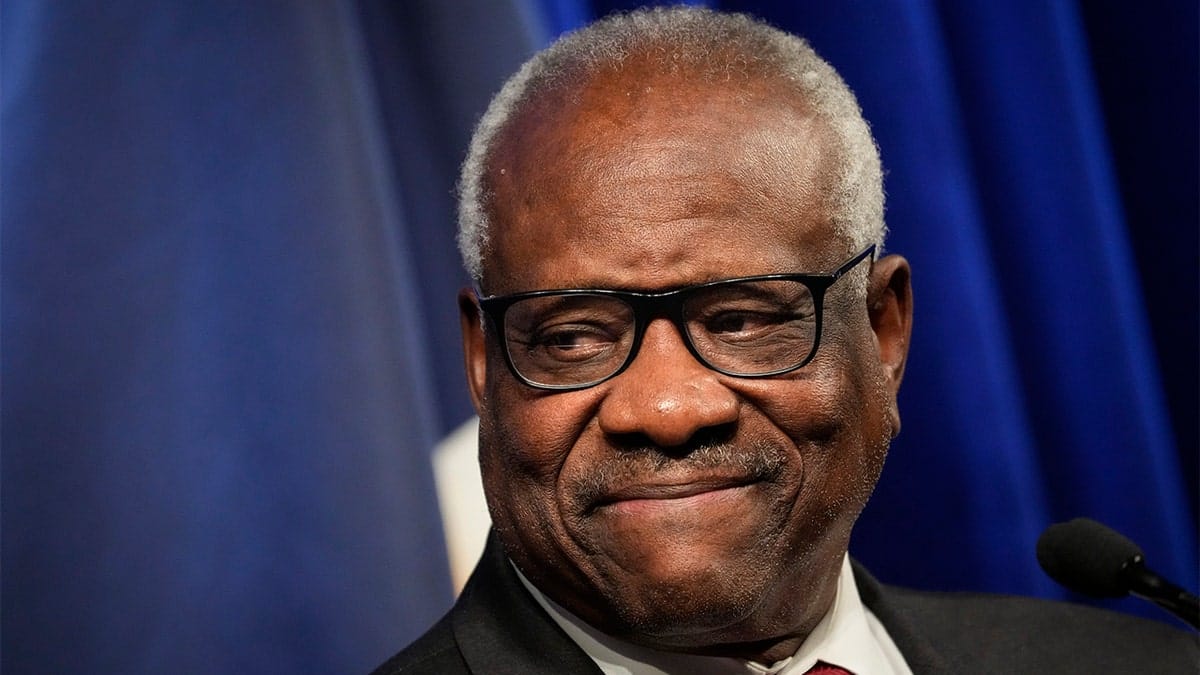
Justice Samuel Alito, for instance, suggested some judges might be susceptible to an "occupational disease" of thinking they are always right and can do "whatever I want."
He noted that sometimes lower court rulings are simply "wrong."
However, other justices raised concerns about the potential consequences of limiting judicial power.
They questioned whether restricting injunctions could lead to inconsistent application of laws across different states.
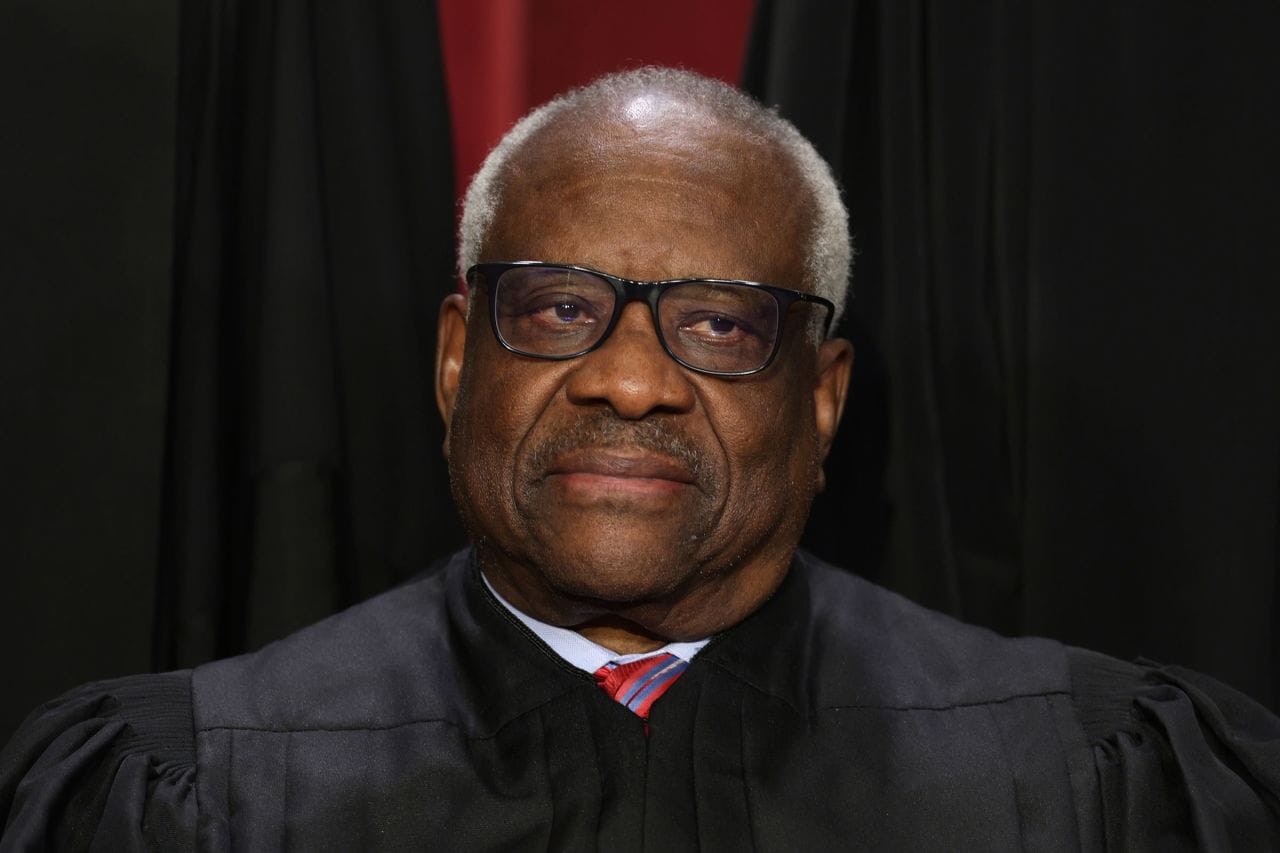
States opposing the administration's view argued that limiting this judicial check could "create chaos on the ground."
New Jersey Solicitor General Jeremy Feigenbaum stated that restricting court powers here could lead to a "patchwork of citizenship rights."
Since the 14th Amendment, our country has never allowed American citizenship to vary based on the state in which someone resides.— Jeremy Feigenbaum, New Jersey Solicitor General
The Historical Question That Could Shift the Debate
Amidst the back-and-forth on the potential impacts, one exchange stood out.
Justice Clarence Thomas posed a direct question to Solicitor General D. John Sauer, who was arguing on behalf of the Department of Justice.
Justice Thomas delved into the historical use of such broad judicial orders.
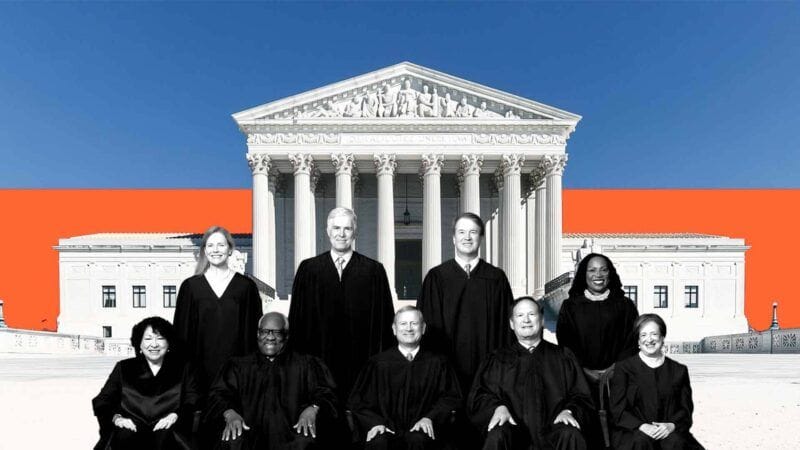
He asked:
So, we survived until the 1960s without universal injunctions?
Sauer's response was concise and to the point.
That's exactly correct.
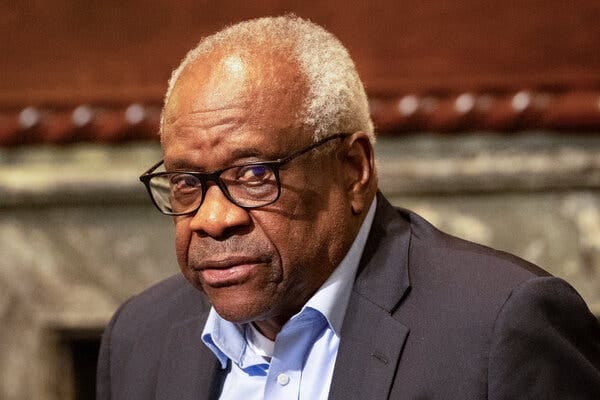
This historical observation suggests that the practice of issuing nationwide injunctions is a relatively recent development.
It raises the question of whether these orders are a necessary tool or an expansion of judicial power that departs from historical norms.
For the Trump administration's argument against broad injunctions, this historical context provides significant backing, suggesting that the government can function, and functioned for nearly two centuries, without judges issuing these sweeping orders.
The Supreme Court is expected to deliver its decision on this pivotal case by late June or early July, potentially redefining the balance of power between the executive branch and the judiciary.
